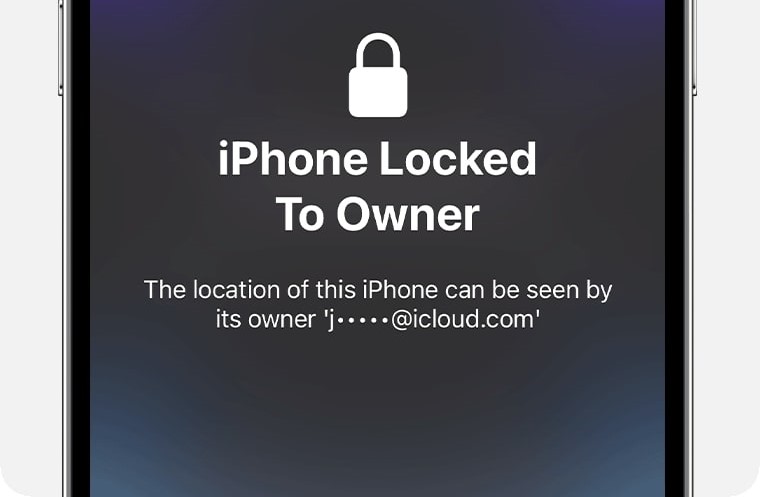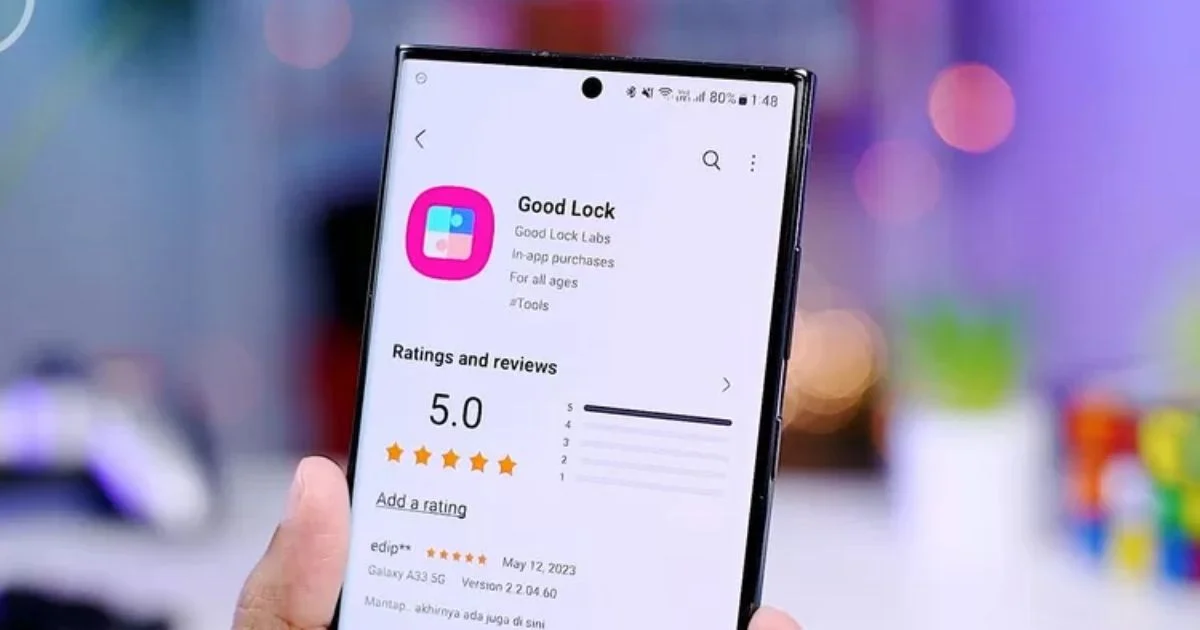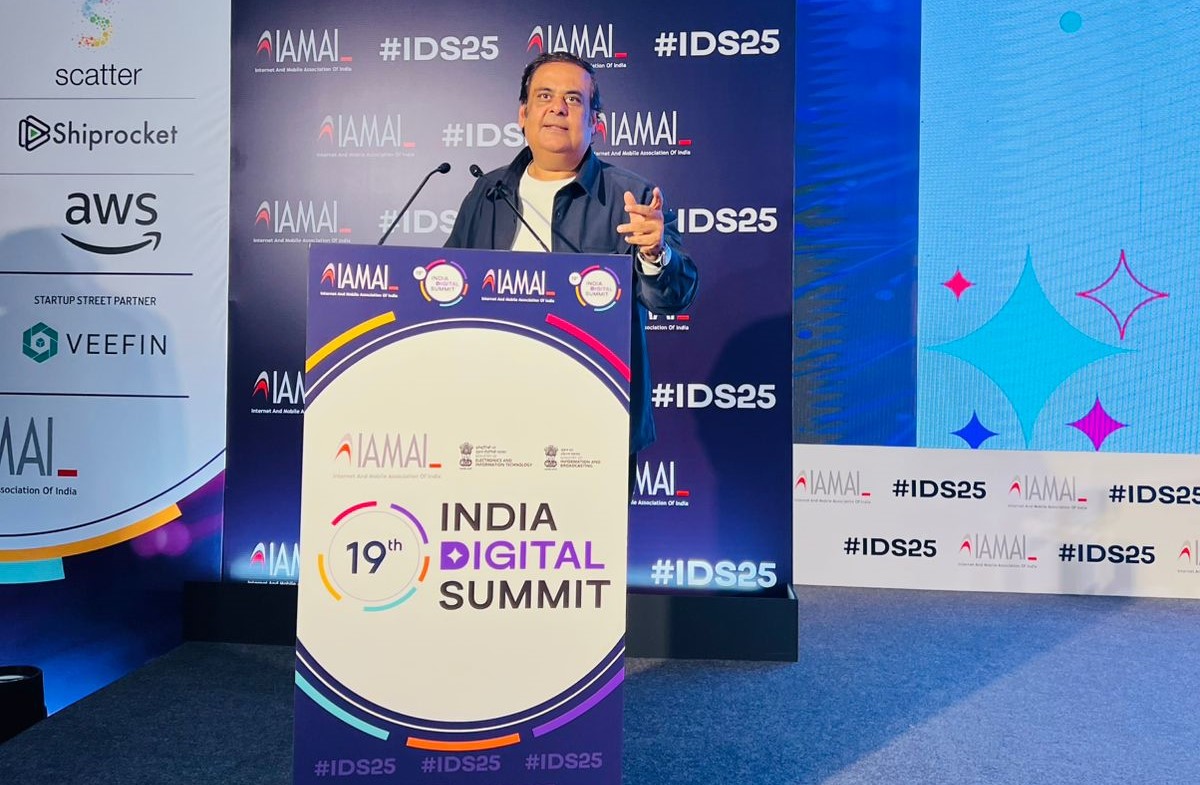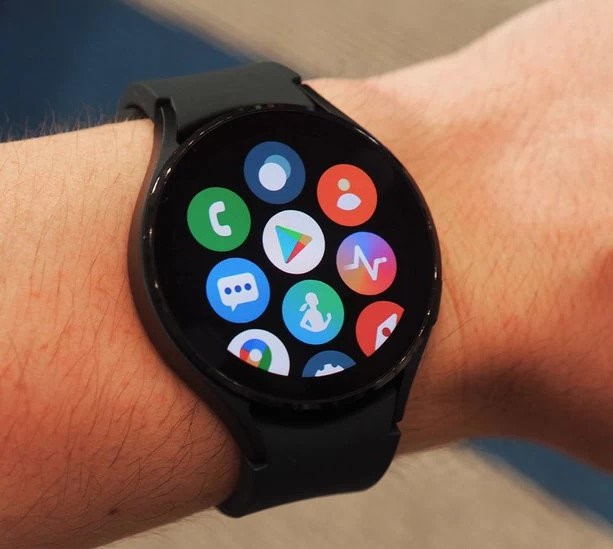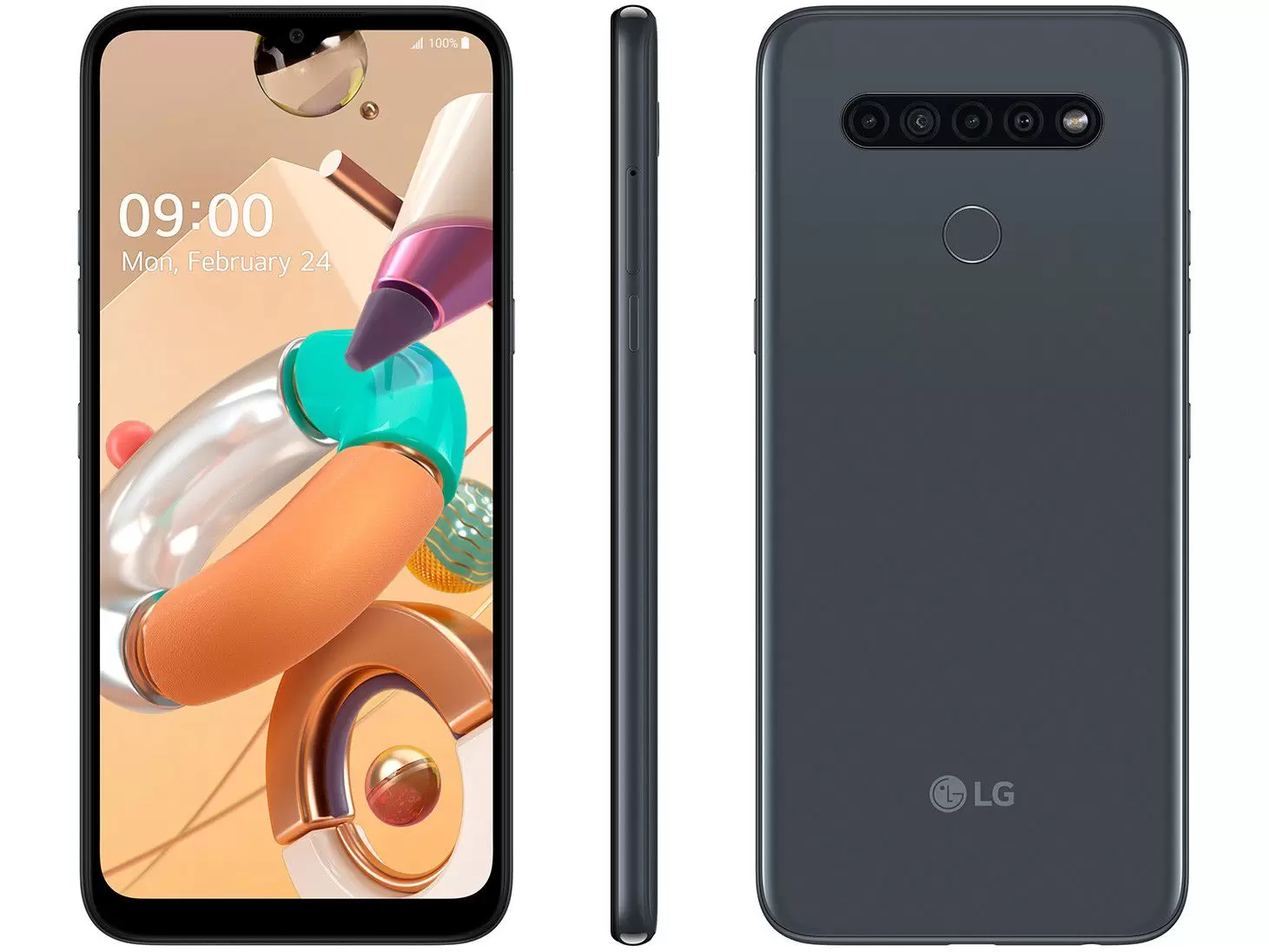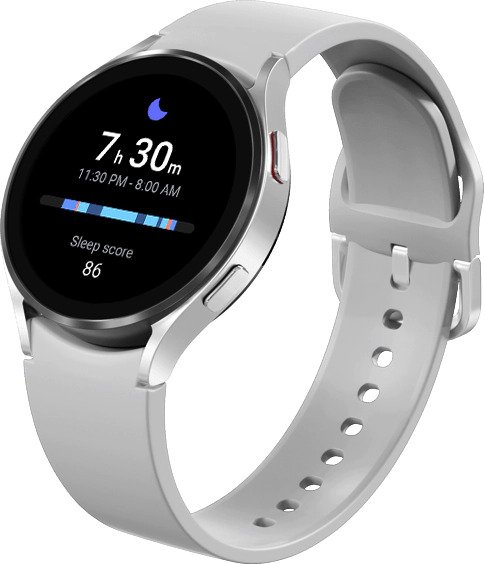Our Bureau
Washington, DC
In a significant move towards sustainability and consumer convenience, tech giant Apple has announced a groundbreaking update to its self-repair process.
Starting this fall, select iPhone models will be eligible for repair using used genuine parts, marking a departure from the previous requirement of solely using new components, according to The Verge.
The shift in policy addresses a long-standing concern among iPhone users and repair professionals alike. Previously, Apple’s stringent parts pairing process mandated that any replacement part had to match the serial number of the device, leading to compatibility issues and intrusive notifications if aftermarket or used components were used.
Particularly, vital functions like Face ID and Touch ID could be compromised with non-Apple parts, according to The Verge. However, with the forthcoming update, Apple assures users that calibration for genuine parts, whether new or used, will occur on the device post-installation. This simplification of the repair process not only eliminates the hassle of serial number matching but also enhances accessibility to genuine parts for both users and third-party repair shops.
Initially, the new policy will encompass repairs related to displays, batteries, and cameras, with plans to extend support to biometric sensors like Face ID and Touch ID in future iPhone releases.
Additionally, Apple is bolstering its efforts to deter theft and unauthorized part usage by extending its Activation Lock feature to individual iPhone components. This feature aims to prevent the installation of parts sourced from devices with enabled Lost Mode or Activation Lock.
Upon repair completion using used parts, iPhones will record relevant information in the Parts and Service History section within the Settings app on iOS.
Although specific iPhone models eligible for the update have not been disclosed, Apple’s senior vice president of hardware engineering, John Ternus, emphasized the company’s commitment to offering more choices and convenience to customers while prolonging the lifespan of its products and components.
The announcement signifies a significant milestone for repair enthusiasts and independent repair businesses, who have often grappled with the high cost of new iPhone parts due to Apple’s restrictive repair policies. While the company has yet to endorse aftermarket iPhone parts, the decision to embrace used genuine components represents a commendable step towards fostering a more sustainable and inclusive repair ecosystem. (With agency reports)
















